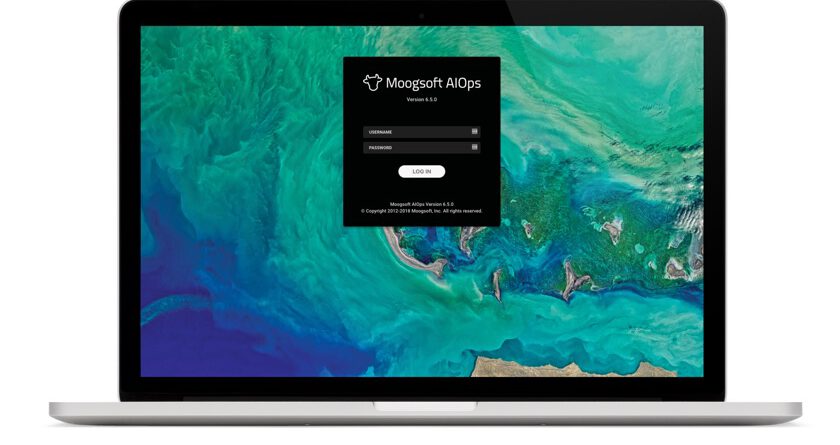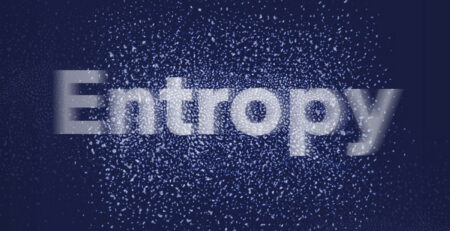Here at Moogsoft, as with modern IT operations, things move pretty quickly. Our mission is all about enabling our customers to move fast, and keep up with the demands placed on IT Operations by increasingly dynamic networking environments, and the ever higher rate of change required by businesses.
Our quarterly Enterprise Stability Release schedule allows us to keep up with our customers’ business needs — rolling out new features, and responding to enhancement requests from users, while also providing a stable and predictable environment in production.
As part of that process, we are proud to announce the Enterprise Stability Release of Moogsoft AIOps 6.5.0. We’ve compiled a list of resources to help you learn about the new release.
Release Highlights
“Vertex Entropy (BETA)”
Entropy has been a longtime algorithmic feature of Moogsoft AIOps. It determines the significance of an alert, or how usual or unusual it is for that alert to occur. The result is the ability to better manage noise, and focus on alerts that are most meaningful.
Vertex Entropy is a similar concept, but for a different use case. The Vertex entropy algorithm analyzes nodes in a graph / topology and determines the significance of those nodes. That significance can then be used as an attribute for determining which nodes to cluster in conjunction with other topology-based attributes, such as number of hops between nodes.
Another algorithmic improvement, SEED alerts, allows for certain characteristics to be satisfied before forming a situation. Those SEED alerts are the basis for other alerts to be added, including those based on Vertex Entropy or other topology values. You might receive a SEED alert due to an error condition on a switch, for example.
These algorithmic advances mean that administrators have more flexible ways to correlate events and alerts.
New Tarball Installer
Many of our customers have requested more flexible installation options. In certain companies and industries, there may be a limited number of users that can receive sudo or root access.
An administrator in an CentOS 7 / RHEL 7.x environment can now perform the following tasks:
- Install as a non root user — root tarball install is also supported
- Determine the directory to install
- Use provided 3rd party packages, or use your own company version (within supported versions)
The existing RPM installer will continue to be supported.
Enrichment Wizard (ALPHA)
Data ingestion is the process of adding contextual information to alert data from various external systems for operator display, or to aid in correlation. Traditionally, this step has been performed via config files and javascript. As part of the ongoing simplification efforts, this task has now been surfaced to the UI.
An administrator or implementor can now perform the following actions:
- Add an enrichment based on data uploaded via a CSV file
- Link or map the data from the CSV file to alert data
- Add data from the CSV file based on looking up information in the alert
For example, service is a key field for operators to know what is being impacted by an alert or situation. Sometimes that service information is missing from an alert, and needs to be referenced from a service catalog or static lookup. In this case, the service can be added based on some attribute that exists in the alert, such as the host.
Integrations
Enabling administrators and implementers to quickly integrate AIOps with well-known products, and increasing the speed of deployment, is a key goal.
To that end, Integrations now provide high-availability support. If multiple integrations are configured as a group, a failure is handled automatically between configured integrations.
New integrations include:
- Notification: xMatters — engage a team and the appropriate, on-call team member(s) to quickly triage and remediate situations.
- Collaboration : Slack — send notifications to a slack channel.
- Data Ingestion: AWS Simple Notification Service (SNS), VMWare VCenter, Dynatrace Notification, SNMPv3.
Documentation
We supply extensive online documentation for our software. You can browse all the documentation for AIOps 6.5.0 (and previous versions of AIOps) from docs.moogsoft.com.
- The AIOps 6.5.0 Release Notes cover the new features, improvements, and bug fixes for this release.
We hope you enjoy using Moogsoft AIOps 6.5.0! If you have any comments or feedback, please send them our way.






